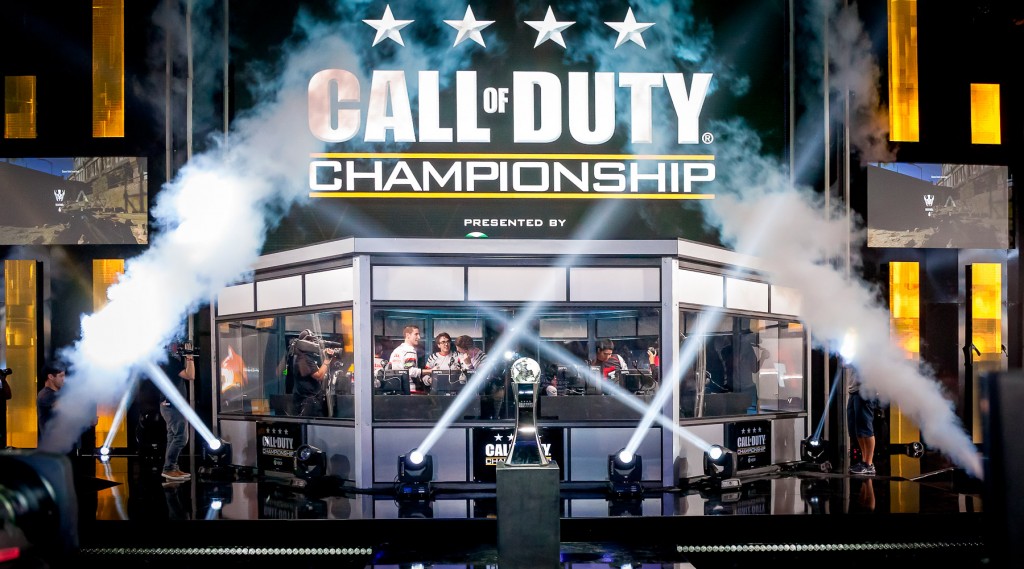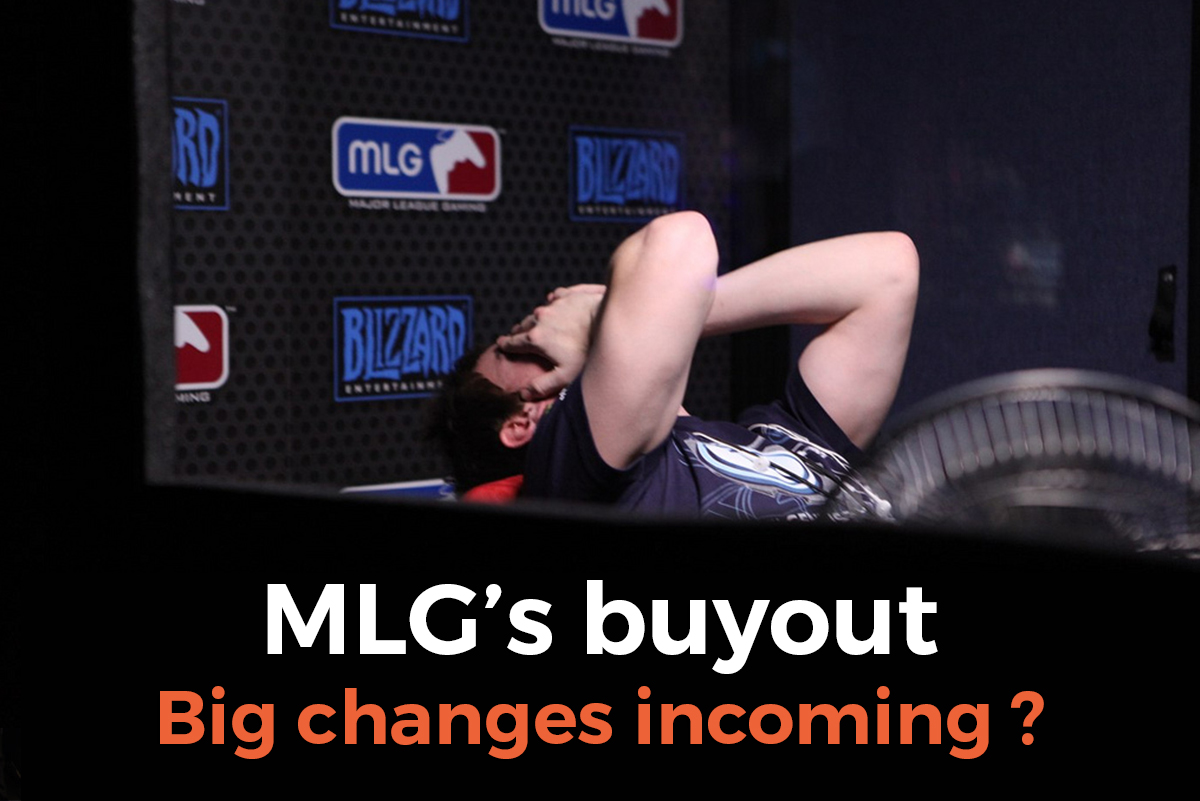In treating itself to Major League Gaming for 46 million dollars, Activision is playing a risky hand of poker that clearly shows their goal but could have very severe consequences. The CEO Robert A. Kotick has declared to the New York Times: “We wish to build the ESPN of video games”. For some critical observers this announcement is not a surprise. Several months ago the editor had announced the hiring of Steven Bornstein, the former CEO of ESPN, as well as Mike Sepso, co-founder of the MLG, the two men taking the lead of a new e-sport department. Buying up the MLG, the main organizer and distributor of American competitions, seems like an obvious next step to this whole project.
Nevertheless, this new acquisition raises many questions. Lately, the MLG was not at the top of its game: audiences are decreasing and it has just lost its prime competition, the Call of Duty World Championship. What is harder to understand is that it is Activision itself, the owner of the Call of Duty franchise, that had decided earlier this year to give the rights to its competition to ESL, leader of this market and main competitor of the MLG. So why such a purchase?
This sounds like a dubious bet for Activision Blizzard. But if the editor manages to combine the know-how of the two giants of this industry, they should indeed achieve something great quite soon. However, things aren’t that simple: remember early this summer, the ESL was selling a majority of its stock capital to Modern Times Group, the Swedish television behemoth. These last entities also have as ambition the creation of television channels dedicated to video game competitions. The ESL has always been a historical partner of Blizzard and they should get along just fine in this new endeavor. But today the cards have been shuffled and the financial goals are not the same as they were. So how should we envision this cohabitation? Will it actually work out?

Other questions are also waiting for answers, like the question of the streaming side of things. The MLG is known to possess its own player and has positioned itself as a competitor to Twitch and other streaming platforms. MLG.tv even signed exclusivity contracts with several stars such as Matt “NadeShot” Haag, the Call of Duty player. What is the future concerning the broadcasting rights for Activision Blizzard’s licenses or for the players under contract with them? Will things stay the way they are or be unlocked with free exposition on all platforms? Or maybe it’s possible we will see a complete overhaul. Could we imagine seeing players, competitions or even whole games placed under exclusive contracts branded MLG? Hard to answer… but it feels like something big may shake the e-sport ecosystem in 2016!
However the model in question, ESPN, is a themed channel that was built around a subscription based model with a system of specific exclusivity rights to broadcast many of the major competitions. The difference between the buyout of the MLG and other transactions that took place in 2015 is the fact that Activision Blizzard is the owner of its game licenses. Today they seem to be stepping into a new era where they will play a 3 part role: editor – organizer – broadcaster. A strategy that bears many similarities with the one adopted by RiotGames. A strategy that bears many similarities with the one adopted by RiotGames and worries many professionals of the industry. The founder of the ESWC, Mathieu Dallon asks:
“How can a company do all these at the same time: edit a game, sell the competitions around the game, hold players with their General Terms of Use (GTU) and be the owner and editor of the media who broadcasts their images? Are there any anti-trust laws that could stop the e-sport ecosystem from developing in such a consanguineous way?”
A situation that obviously leaves us with many questions. Can we really talk of trust? Not sure, the video game industry is incredibly vast. Will Activision Blizzard keep a free model? Are we witnessing the first signs of a transition towards a paying model? Will spectators and players follow? Well, only time will tell!


